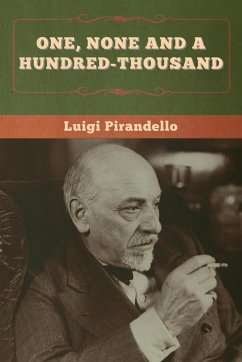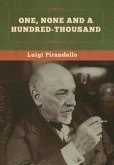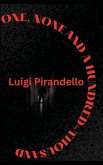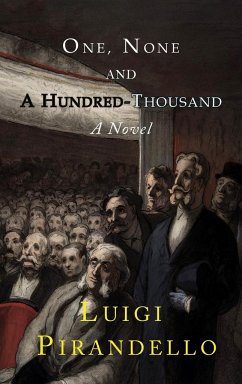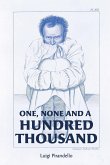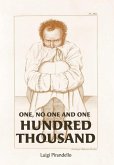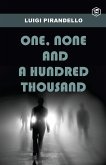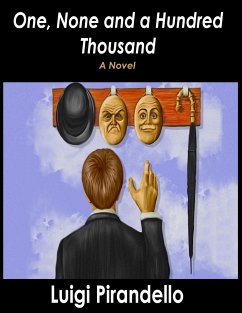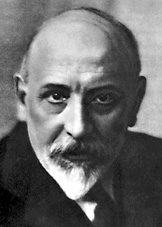One, No One and One Hundred Thousand (Italian: Uno, nessuno e centomila) is a 1926 novel by the Italian writer Luigi Pirandello. The novel had a rather long and difficult period of gestation. Pirandello began writing it in 1909. In an autobiographical letter, published in 1924, the author refers to this work as the "...bitterest of all, profoundly humoristic, about the decomposition of life: Moscarda one, no one and one hundred thousand." The pages of the unfinished novel remained on Pirandello's desk for years and he would occasionally take out extracts and insert them into other works only to return, later, to the novel in a sort of uninterrupted compositive circle. Finally finished, Uno, Nessuno e Centomila came out in episodes between December 1925 and June 1926 in the magazine Fiera Letteraria. (wikipedia.org)
Hinweis: Dieser Artikel kann nur an eine deutsche Lieferadresse ausgeliefert werden.
Hinweis: Dieser Artikel kann nur an eine deutsche Lieferadresse ausgeliefert werden.

